Land, Liberty & Loss: Echoes of the American Revolution
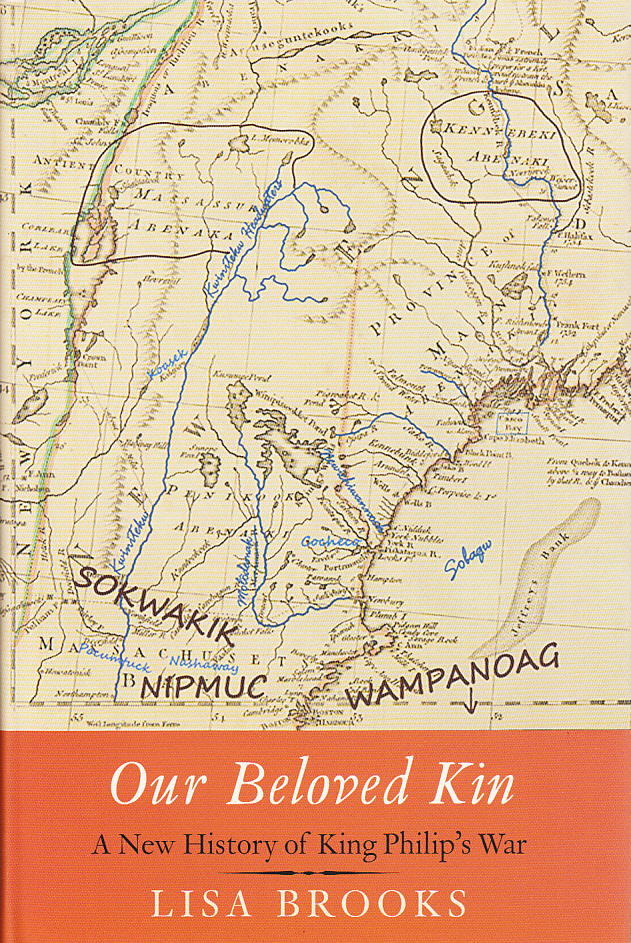
William Cooper’s Town: Power and Persuasion on the Frontier of the Early American Republic
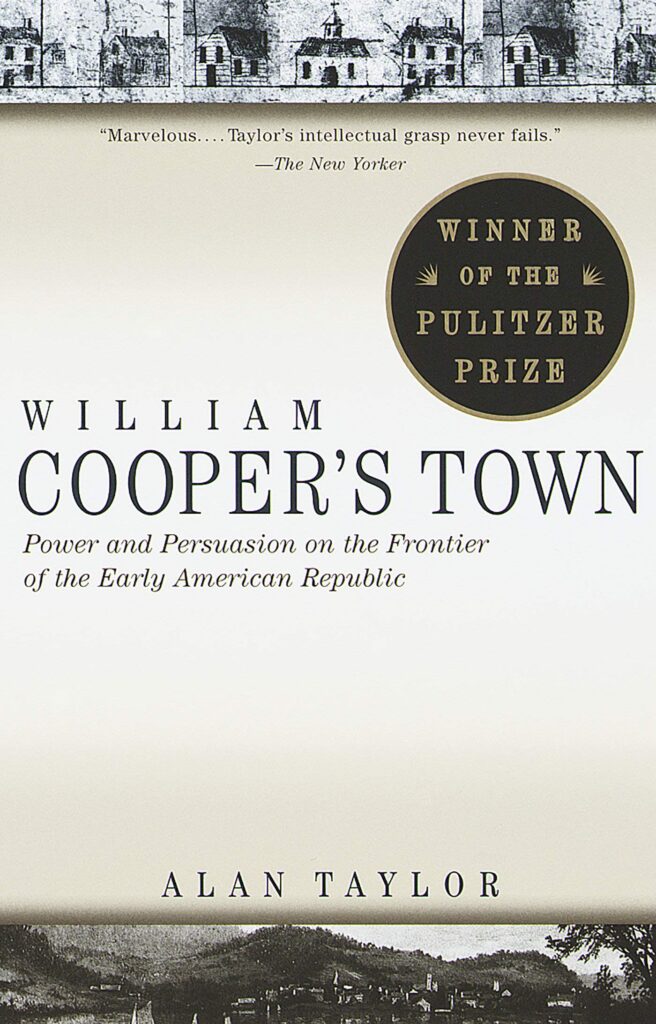
William Cooper rose from humble origins to become a wealthy land speculator and U.S. congressman in what had until lately been the wilderness of upstate New York, but his high-handed style of governing resulted in his fall from power and political disgrace. His son James Fenimore Cooper became one of this country’s first popular novelists […]
The Divided Ground: Indians, Settlers, and the Northern Borderland of the American Revolution
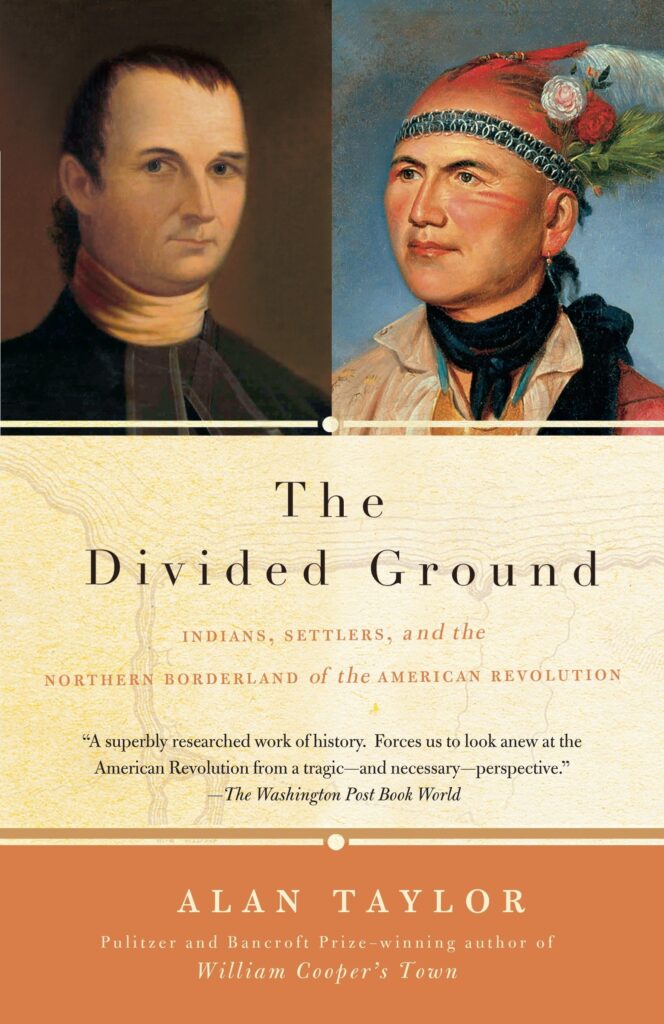
The Divided Ground tells the story of two friends, a Mohawk Indian and the son of a colonial clergyman, whose relationship helped redefine North America. As one served American expansion by promoting Indian dispossession and religious conversion, and the other struggled to defend and strengthen Indian territories, the two friends became bitter enemies. Their battle […]
Why You Can’t Teach United States History Without American Indians
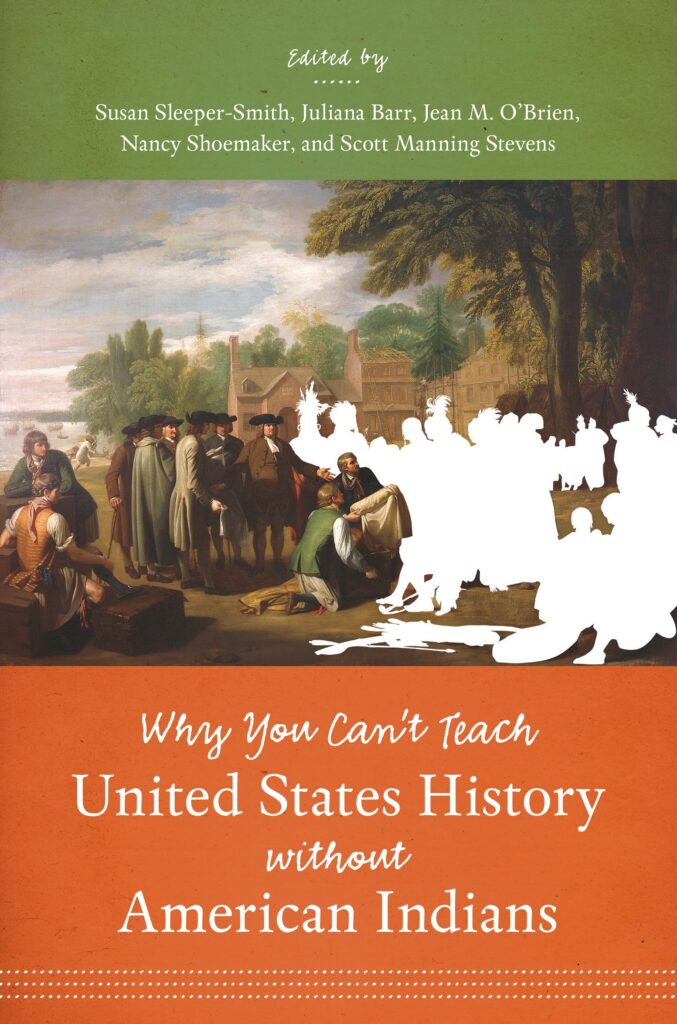
The nineteen essays gathered in this collaboratively produced volume, written by leading scholars in the field of Native American history, reflect the newest directions of the field and are organized to follow the chronological arc of the standard American history survey. Contributors reassess major events, themes, groups of historical actors, and approaches–social, cultural, military, and […]
Conspiracy of Interests: Iroquois Dispossession and the Rise of New York State
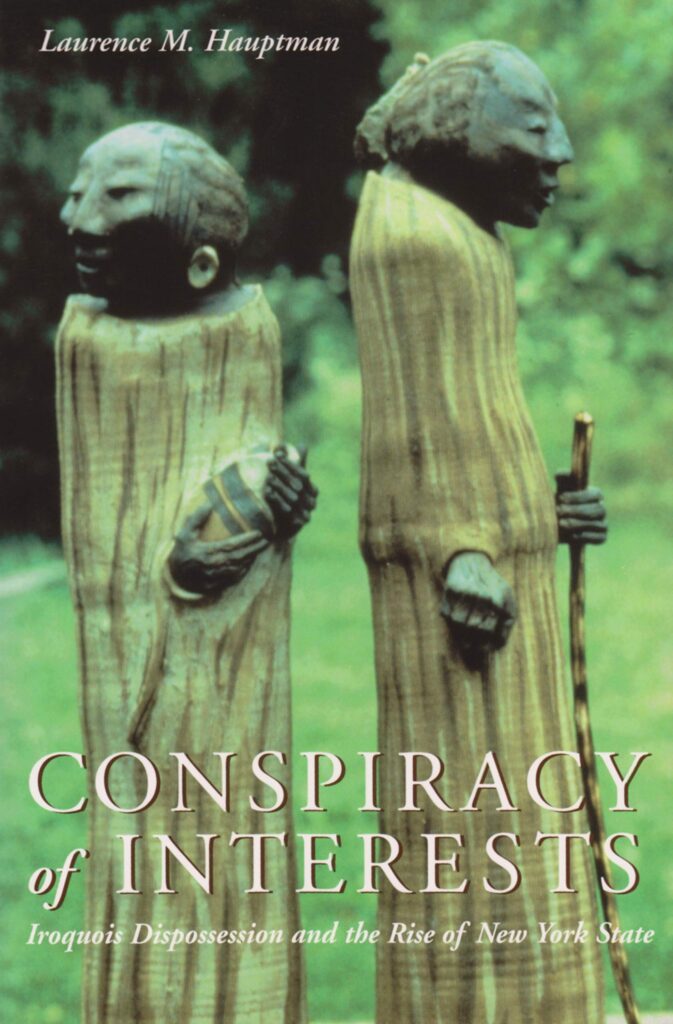
The period between the American Revolution and the middle nineteenth century dramatically changed New York State and the Iroquois. Upstate metropolises—Utica, Syracuse, Rochester, and Buffalo—were founded and soon witnessed phenomenal growth, making New York State one of the fastest-growing regions in the country. This development led to the displacement of the Iroquois. Laurence M. Hauptman […]
The Pioneers
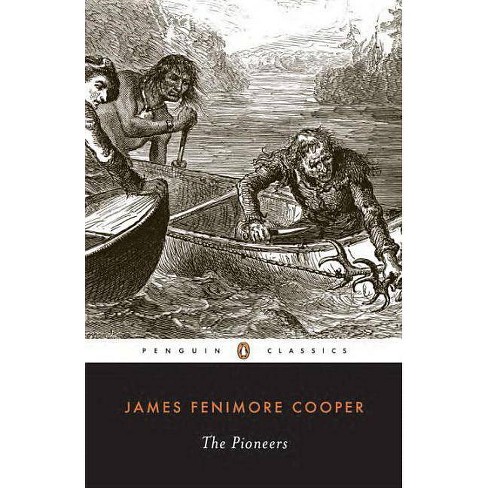
In this classic novel, James Fenimore Cooper portrays life in a new settlement on New York’s Lake Otsego in the closing years of the eighteenth century. He writes of the conflicts within the settlement itself, focusing primarily on the contrast between the natural codes of the hunter and woodsman Natty Bumppo and his Indian friend […]
Our Beloved Kin: A New History of King Philip’s War

Lisa Brooks recovers a complex picture of war, captivity, and Native resistance during the “First Indian War” (later named King Philip’s War) by relaying the stories of Weetamoo, a female Wampanoag leader, and James Printer, a Nipmuc scholar, whose stories converge in the captivity of Mary Rowlandson. Brooks pathbreaking scholarship leads us to a new […]